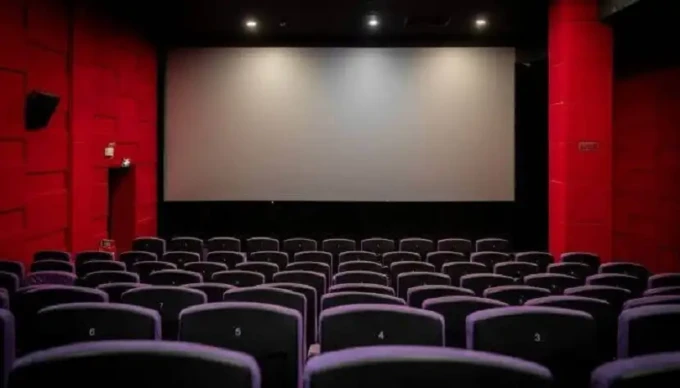Reality television has undergone a significant transformation, with new shows delving into untold stories that explore the complexities of human behavior and societal issues. This shift reflects a growing demand for content that not only entertains but also educates and fosters empathy among viewers.
One notable example is “Murder Has Two Faces,” a true crime documentary series that premiered on Hulu in May 2025. Hosted by Robin Roberts and directed by Lisa Cortés, the series examines lesser-known cases that were overshadowed by more notorious ones, prompting viewers to question why certain stories receive more media attention than others. By highlighting these overlooked narratives, the show aims to shed light on systemic issues within the justice system and the media’s role in shaping public perception.
Another innovative addition to the reality TV landscape is “Extracted,” which debuted on Fox in February 2025. Filmed in the Canadian wilderness, the show features twelve teams, each consisting of an amateur survivalist and two companions. The competitors are isolated in the forest and must rely on their skills to survive, while their companions monitor their progress from a nearby compound. This format not only tests physical endurance but also explores the psychological dynamics between the participants, offering a fresh perspective on human resilience and relationships.
“Dark Side of Reality TV,” a documentary series that premiered on September 3, 2024, delves into the ethical and psychological impacts of reality television. The series examines how certain shows have exploited participants and manipulated narratives, raising important questions about the responsibilities of producers and the well-being of contestants. By critically analyzing these aspects, the show encourages viewers to reflect on the broader implications of reality TV on society.
The trend towards exploring untold stories in reality TV is also evident in the rise of adventure-based programs. These shows transport viewers to remote and challenging environments, pushing contestants to their physical and mental limits. By showcasing the human spirit’s capacity for endurance and adaptation, these programs offer insights into the diverse ways individuals respond to adversity.
Furthermore, the integration of technology has enhanced viewer engagement, allowing audiences to interact with content in real-time. Interactive elements, such as live voting and audience-driven decisions, have become more prevalent, enabling viewers to influence the direction of the narrative. This participatory approach not only increases investment in the content but also reflects a broader trend towards interactivity in media consumption.
In summary, the reality TV landscape in 2025 is characterized by a shift towards narratives that explore untold stories, emphasizing authenticity, inclusivity, and social consciousness. These developments indicate a maturation of the genre, as it moves beyond superficial entertainment to offer content that resonates on a deeper, more meaningful level with audiences.












I think reality TV is getting too invasive. Do we really need shows exploring every aspect of peoples lives? Privacy matters!
Im all for exploring untold stories, but are reality TV shows really the best way to do it? Lets discuss!
I cant believe theyre still making more reality TV shows. When will the madness end? Are we running out of real stories to tell?
Im all for new reality TV shows, but do we really need more untold stories? Lets stick to quality content!
I think these new reality TV shows are just exploiting peoples vulnerabilities for entertainment. Its getting out of hand.
I dont know about you guys, but I think these new reality TV shows are just recycling the same old drama. Wheres the originality?